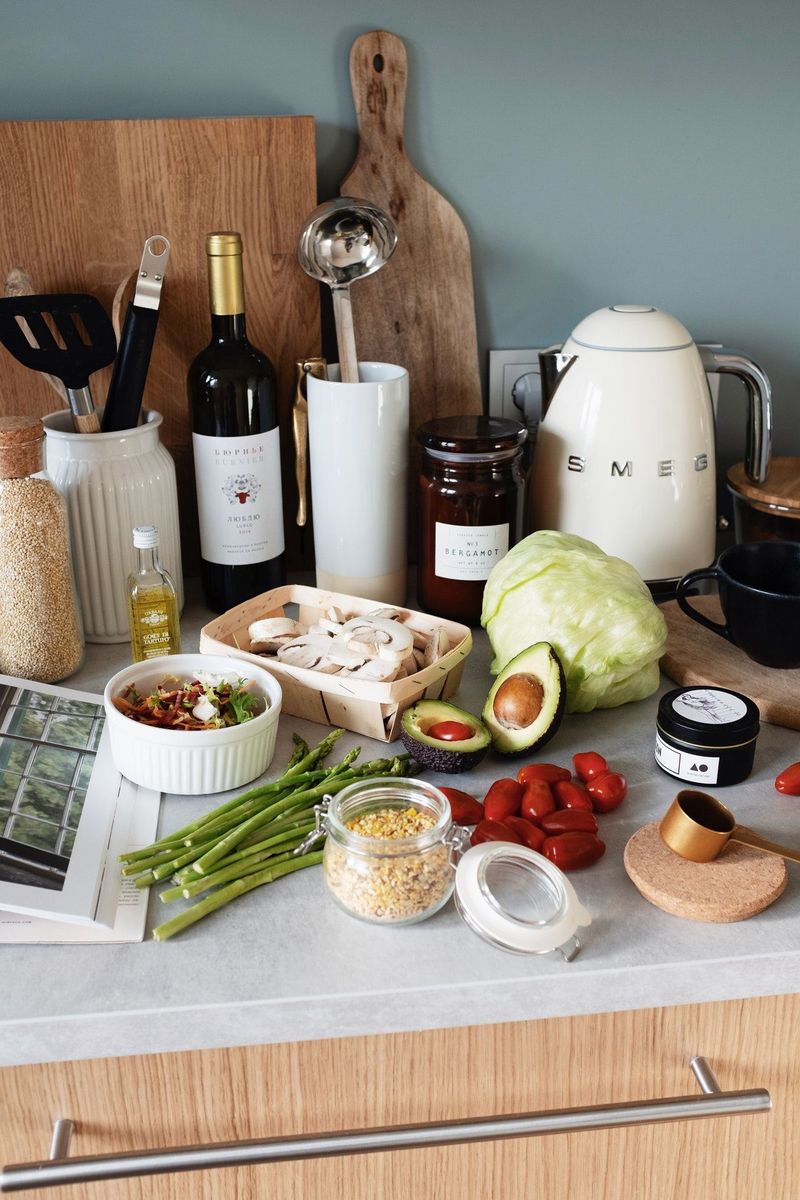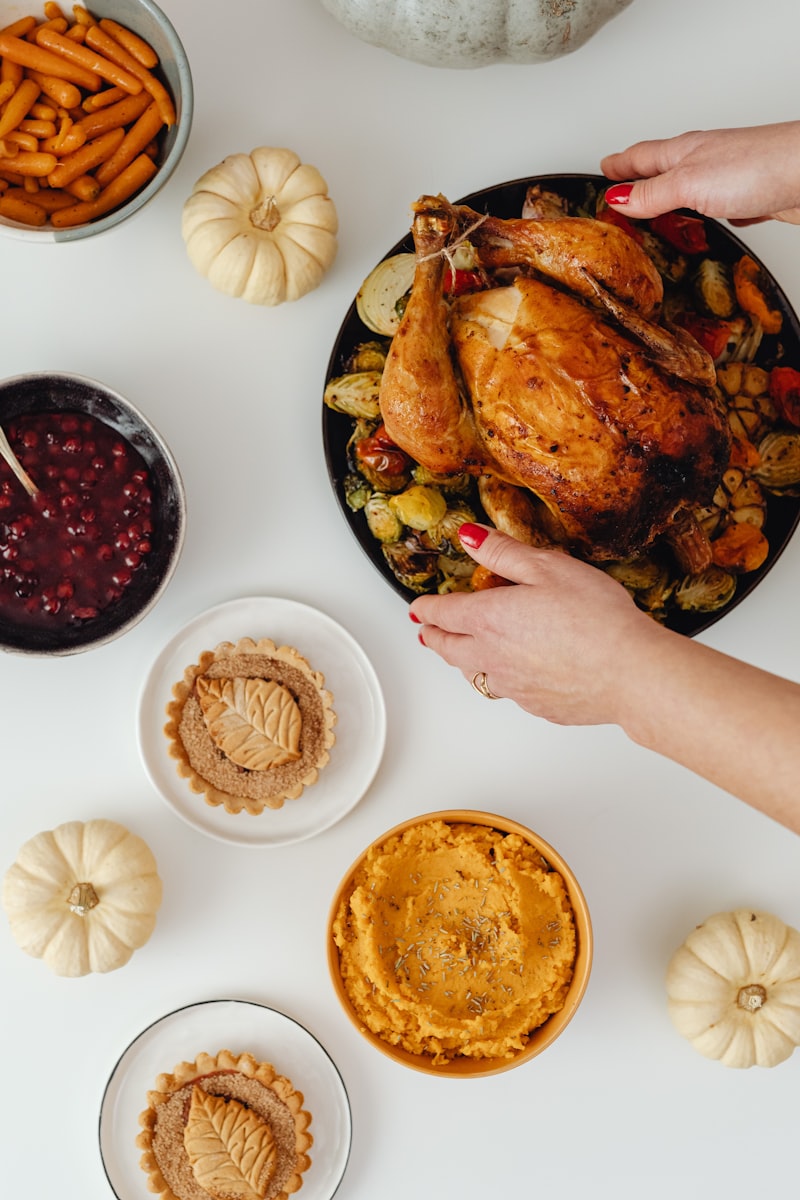You know the drill--organic produce is better for you and the environment, as it contains fewer pesticide residues, but also costs more. But that's not to say you must break the bank to buy healthy foods. You can save money on organic fruits and vegetables while still being good for your body. Let's look at ways to cut costs on organic items without sacrificing quality or convenience.
Buy directly from farmers.
If you live in a rural area, check out your local farmer's market. It's easier than you think to find one in most places. Farmer's markets are usually held on weekends, so if you live in an area with one near you, stop by on Saturday morning and buy some fresh produce.
If you can't make it on weekends, look up local farmers who sell directly to the public. You can often find them online or at farm stands or farmer's markets, or by asking around at your local grocery store or health food store.
Of course, you'll need to inquire about their farming practices and use of pesticides to ensure you're getting fruits and vegetables that are as pesticide-free as possible.
Join Community Support Agriculture.
A CSA (Community Supported Agriculture) is a group that buys a season's worth of organic food from farmers, then distributes the produce to its members. It's basically an investment in the local infrastructure that supports the food system, and it can be a great way to get organic fruit and vegetables.
If you live in an area with a nearby CSA, take advantage of it. If not, look for one online or check out your local farmers market for information about CSAs in your area. Most CSAs allow you to pay dues either by paying upfront or joining on an installment plan throughout the year. This way, you can pay as much or as little as you want each week without worrying about getting stuck with too much food. If you need help finding one near where you live or want more information about them, check out Local Harvest's website.
Grow your own food.
Growing your own food is the most affordable way to eat organic. It's also a great way to get children involved in food production and start them down the path to eating healthy. Plus, you can grow a lot of food in a small space. Even if you don't have enough land for a full garden, try growing some herbs and vegetables on windowsills or balconies. It's not hard to do!
If you want your kids to learn about where their food comes from--and make more nutritious meals at home--then grow fruits and vegetables from seeds. You can choose organic gardening practices to ensure your produce contains no harmful pesticides.
Buy in bulk.
Buying in bulk is a great way to save money on organic food, but it's not always possible. If you can't afford to buy in bulk, look for sales and promotions. Many stores offer promotions like "buy one item, get the second at half price" or "buy two items, get one free." If you can find organic produce in bulk, then you should take advantage of those deals. But make sure you don't buy so much that it rots before you can use it. Many vegetables can be pre-cooked and then frozen so you can use them later.
Look for discounted or damaged fruits and vegetables.
If you're looking for a way to save money on organic food, look no further than your local grocery store's produce section. You'll often find organic fruits and vegetables with cosmetic imperfections--such as the bruised apple in the corner of the bin--are marked down by half or more of their original price. These are exactly what you want; they still taste great, but they cost less because they aren't perfect looking. You'll feel good knowing you gave a home to less-than-perfect produce that might have been tossed out.
Check out the frozen food section.
It's no secret that fresh produce can be expensive. But if you're trying to save money on organic food without sacrificing nutrition, you don't have to skip the fresh stuff altogether. Just check out the frozen food section.
Frozen fruits and vegetables are just as nutritious as their fresh counterparts, according to the United States Department of Agriculture. Sometimes they are even more nutritious because fresh produce is constantly losing nutritional value as it ages. And they tend to cost less too--about 30% less than fresh produce. Plus, grocery stores offer periodic sales on frozen produce, so keep your eyes open for even better deals.
Make sure the package states the produce is organic. Also, make sure the frozen produce you choose doesn't contain added sugar and as little salt as possible. Look for products with a short ingredient list with only one or two items.
Conclusion
Though organic food can be more expensive, there are many ways to save money--from buying directly from the farmers to growing your own food. Don't let the high price tag keep you from eating healthier! You have lots of options for saving money on organic produce.
References:
"Does freezing destroy nutrients? - USDA." ask.usda.gov/s/article/Does-freezing-destroy-nutrients.






